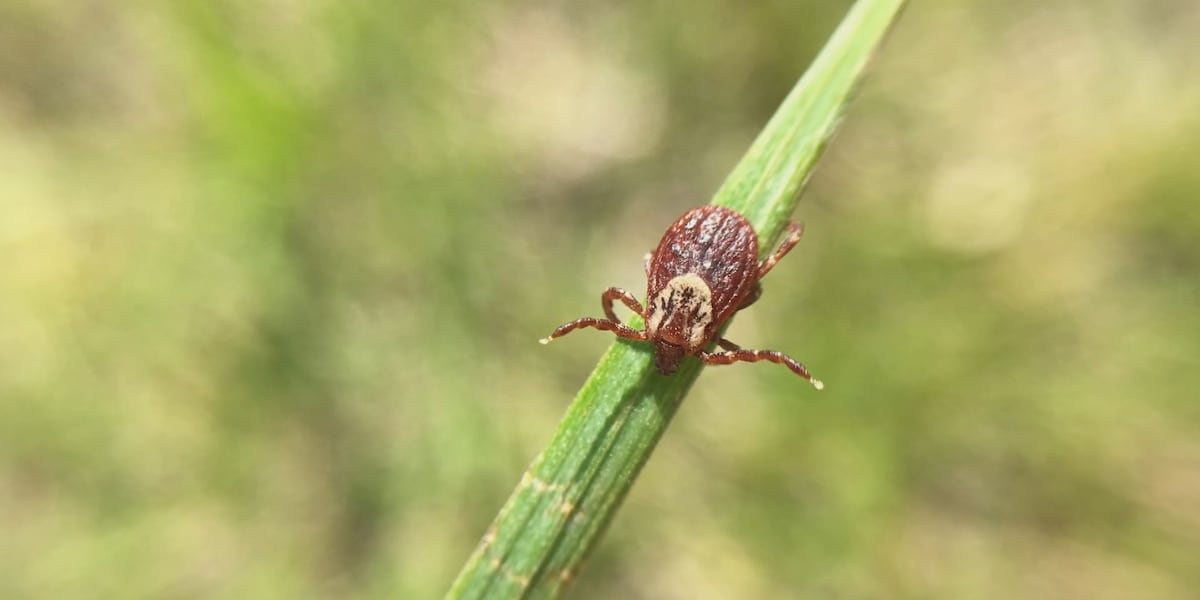LANSING, Mich. (WILX) – The population of black-legged ticks is gradually increasing in Michigan, according to data from the Michigan Department of Health and Human Services.
Professors in the Department of Fisheries and Wildlife at Michigan State University have taken notice of this trend and are working on a potential solution to help curb the rise.
One key point the MSU researchers emphasized is the role of white-tailed deer as a major host for ticks.
As deer populations grow, so does the tick population, since the deer provide an ideal breeding ground for them.
To address this, researchers are currently testing a method that involves capsules filled with corn, molasses, and alfalfa, foods that deer are likely to consume.
These capsules are being placed in local parks and contain biomarkers to help researchers determine whether the deer are eating them.
If the deer are consuming the capsules, the next step will be to include a vaccine in the mixture designed to help deer build immunity to ticks.
“The goal is ultimately, if we can control ticks on deer and reduce their overall abundance in the landscape, it really will help people by kind of reducing that overall risk of coming into contact with an infected black-legged tick when they’re recreating in, you know, these public parks within suburban areas,” said Matthew Buchholz from MSU’s Department of Fisheries and Wildlife.
Researchers hope that vaccinating deer against ticks, similar to how dogs are vaccinated, will help reduce the overall tick population and lower the risk of tick-borne illnesses in humans.
Subscribe to our News 10 newsletter and YouTube page to receive the latest local news and weather. Looking to hire people, or grow your business through advertising? Gray Digital Media is your one-stop marketing solution. Learn more.
Copyright 2025 WILX. All rights reserved.
